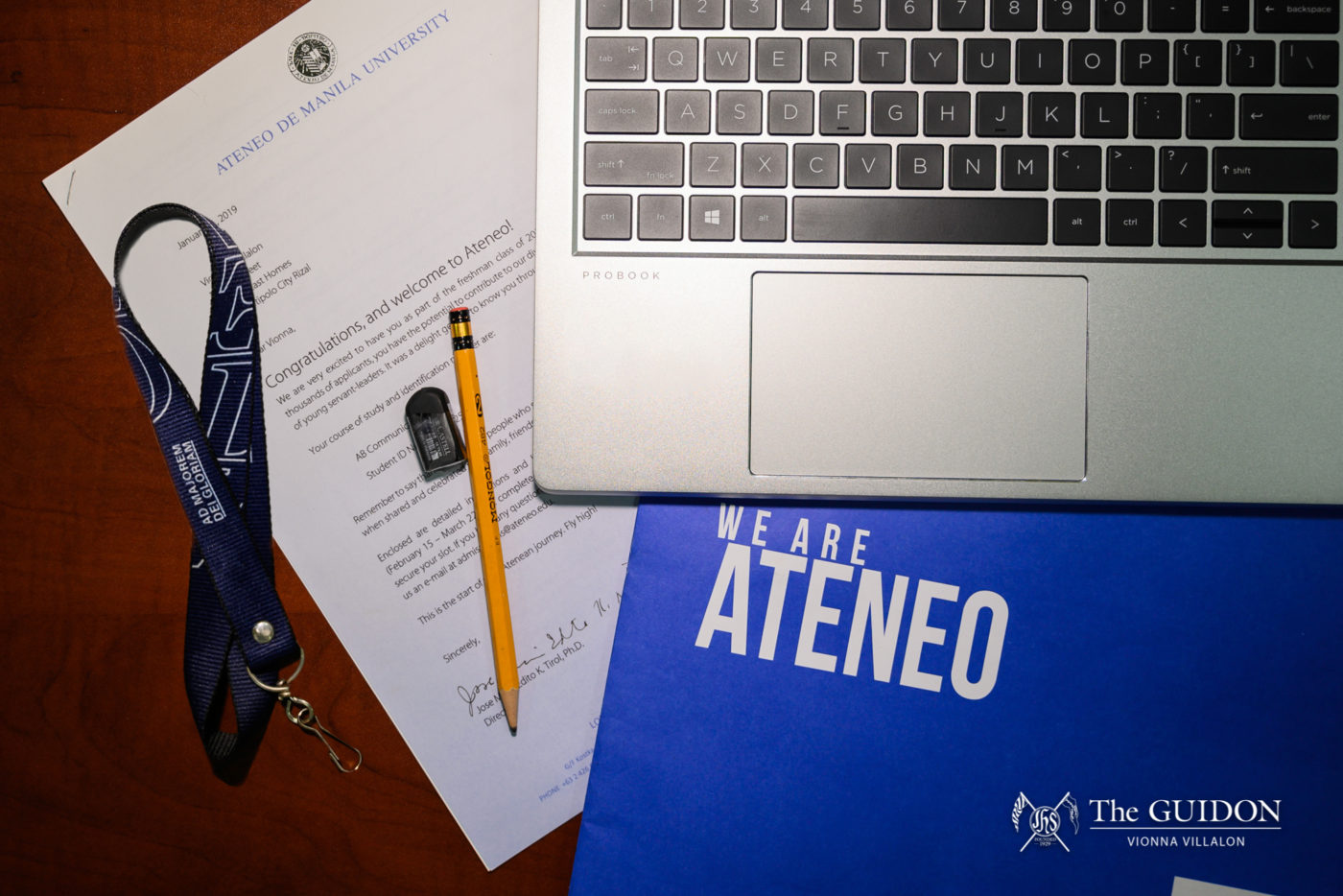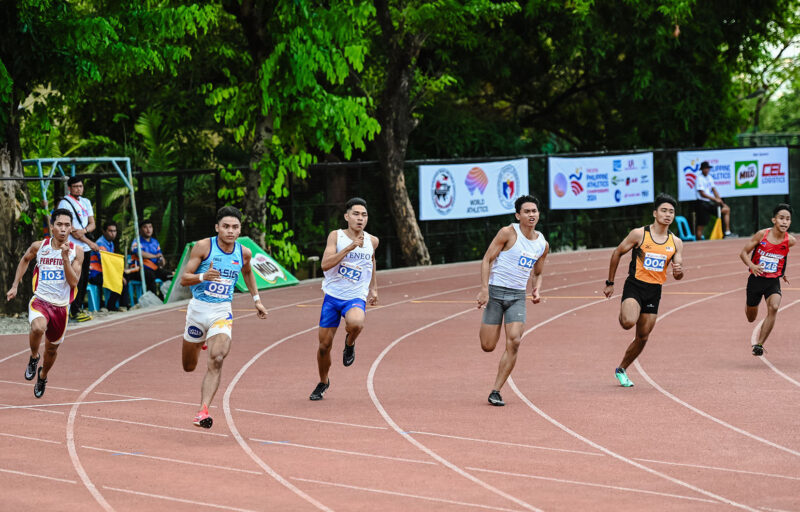THE OFFICE of Admission and Aid (OAA) suspended the Ateneo College Entrance Test (ACET) for the second time in a row due to the COVID-19 pandemic.
Similar to the previous year’s application process, acceptance into the University will be based on six other requirements, namely the applicant’s academic performance from Grades 9 to 11, Grade 11 batch ranking, personal essays, recommendation letters, extracurriculars, and disciplinary records.
Although the OAA requested academic and non-academic data, anonymous users on Ateneo Freedom Wall spoke out about the current admission process, saying that the lack of an ACET forces applicants to be “defined” by their grades.
Learning from repetition
Though the admission process largely stayed the same, OAA Director Jose Maria Edito Tirol mentioned that there was a need to improve the system to process applications faster and release results on time in April.
Tirol said that the OAA staff had to manually encode data from Jotform last year as only around 8,000 applications were coursed through Edukasyon.ph, which automatically uploaded applicants’ data to Ateneo’s database. Because of this, the admission process will now fully take place in Edukasyon.ph to streamline the data encoding process.
“I think we’ll be able to remove a whole month’s work of manual encoding because everything is now under one system, which will be directly transferred to Ateneo’s system,” he said.
To further improve the process, Tirol also mentioned that the OAA has added four new members to the committee so deliberations can go faster.
Consistent with last year’s admission process, Tirol assured that applicants will be evaluated quantitatively and qualitatively. “Grades, at the end of the day, […] are not the end-all to acceptance to Ateneo,” he shared.
The upside and downside
When assessing the quantitative data from the submitted high school grades and batch rank, Tirol explained that OAA uses multiple algorithms to predict how applicants would have performed in the ACET.
According to him, this process includes inputting the applicants’ submitted data to generate an overall percentile, a math percentile, and an English percentile. He also noted that this is the same system that the OAA used in the previous year.
“The upside and the downside of the system we’re using is that it rewards students who do well. If your grades in Grade 9 to 11 are high, and your rank is high, most likely your percentile will be very high,” he said.
While he acknowledged that this system rewards applicants who perform consistently throughout high school, he also noted that the lack of a standard exam like the ACET takes away other applicants’ “last chance to show what they’ve got.”
Tirol additionally clarified that the ACET’s suspension is not a matter of being cruel or thoughtless. “At the end of the day, it is a health risk that the University is not willing to take.”
Quantitative and qualitative data
Despite the OAA’s considerations for both quantitative and qualitative data, and the applicants’ safety, anonymous users have taken to Ateneo Freedom Wall to express their dissatisfaction with the application process.
“Do you all know how bad it feels to have to plead universities and colleges to accept your appeal for admission? […] And here we go again, another batch of students who will go through this stupid admission process, with no other way to prove themselves except for their freaking grades,” one post stated.
Aside from criticizing the admissions process itself, another post claimed that the most recent batch of freshmen lacks morals. “ACET could have [weeded] out these ‘impostor Ateneans,’” it read.
In response to these posts, Sanggunian President Kara Angan pointed out that conducting an ACET does not determine accepted applicants’ morals. Along with this, she also echoed Tirol’s sentiments, saying that the admissions process has always been “holistic” even without the ACET.
Tirol also emphasized that the OAA makes sure to judge applicants’ character through their personal essays, recommendation letters, extracurriculars, and disciplinary records.
“If I were to pick between a genius who is clearly amoral, [and] a kid [whose grades are] a bit lower but shows great leadership potential and has good moral standing, I’d rather get that second kid,” he said.
Ultimately, Tirol hopes that this year’s application period sees an increase of applicants from public schools, science high schools, and schools from outside of Metro Manila to make the batches more inclusive.
Angan encouraged this sentiment of inclusivity, saying that the Sanggunian is continuously working to provide students from all backgrounds “seats at the table.”
“Sanggu is continuously building ways to meet students where they are. Especially in these times, […] sense of community is so hard to create. There are so many underrecognized sectors in the student body that have yet to find representation,” she said.







